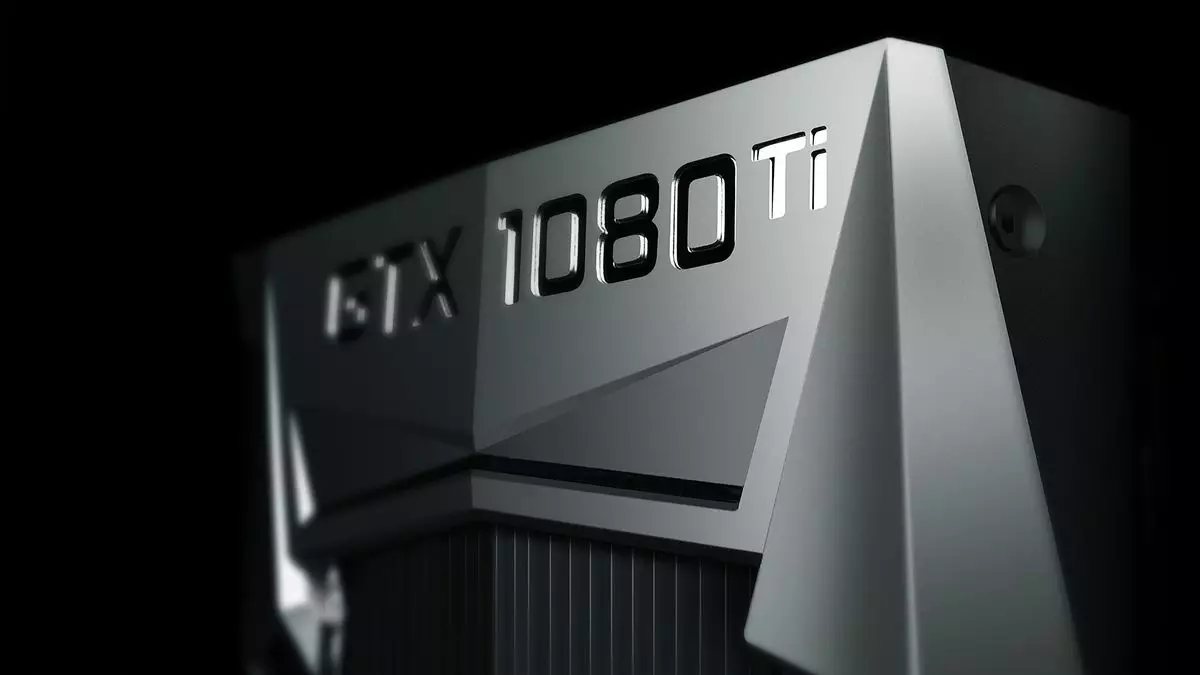As technology advances at an unprecedented rate, the lifecycle of hardware becomes an unavoidable limitation for enthusiasts and everyday consumers alike. The recent announcement regarding Nvidia’s CUDA Toolkit sheds light on the company’s intentions to deprecate support for its well-regarded Maxwell and Pascal architectures, which include the GTX 9 and 10-series graphics cards. This development highlights a turning point for many gamers who still heavily rely on these cards and poses questions about the relevance and longevity of existing hardware.
Nvidia’s decision to move away from support for Maxwell and Pascal architectures signifies a strategic shift in focus towards newer technologies, particularly as the demand for advanced capabilities increases. The latest patch notes indicate that while these GPUs will receive GeForce driver updates for an undetermined period, they are nevertheless on a path toward obsolescence. The announcement echoes a similar narrative witnessed with previous architectures, leading many to reminisce about the golden age of performance-to-price ratios that these legacy cards offered.
For gamers, this transition is particularly poignant, as the GTX 970, GTX 980 Ti, GTX 1060, and GTX 1080 Ti remain fondly remembered for their reliability and performance. Responsible for facilitating a thriving gaming hobby, these models allowed many to participate in high-quality gaming experiences without breaking the bank. This nostalgia is relevant; the GTX 1060, for instance, dominated Steam Hardware Surveys long after its release, asserting its position as the most popular GPU in March 2022. Such trends draw attention to the user base that Nvidia may lose if they are not careful.
To better understand the potential timeline for ongoing support, examining Nvidia’s previous practices offers insight. When CUDA support for Kepler architecture (GTX 7-series) was deprecated in late 2019, it marked the onset of a phased-out existence for that card generation. A two-year life span for driver updates followed, culminating in final updates in August 2021. It’s reasonable to expect a similar trajectory for the 9 and 10-series architectures given their established market presence.
Maxwell GPUs, which have already outstayed Kepler’s lifespan in terms of CUDA support, will likely maintain their relevance in the marketplace for an additional few years. Many users still rely on these graphics cards, not only for gaming but also for everyday computing tasks. This robust installment indicates that Nvidia may prioritize keeping these architectures functional for a few more years, potentially guiding their arrow toward 2026 or beyond.
The dilemma arises when considering the implications of changing technology on users of older hardware. Despite the allure of cutting-edge graphics capabilities offered by Nvidia’s latest offerings—such as the anticipated RTX 5090—many consumers find it challenging to transition due to financial constraints or the need to upgrade entire systems. For instance, vintage enthusiasts still treasure the GTX 980 Ti for its ability to connect to older CRT monitors. This functionality creates a niche market that, while small, is filled with fervent users unwilling to part with their beloved machines.
The reality is that upgrading complete systems is often a daunting endeavor, filled with both financial and logistical complexities. These challenges create a unique space where old hardware continues to be valued, regardless of the release of new technology. Innovative adapters can bridge the gap between old and new, allowing enthusiasts to remain engaged within their chosen gaming experiences.
As Nvidia plans to taper off support for its acclaimed legacy architectures, the gaming community finds itself in a moment of reflection. While evolutions in technology are designed to enhance user experience, they also leave behind a trail of dedicated individuals who cherish the time-honored capabilities of older GPUs. The road ahead may be paved with advanced technologies, but the echoing memories of Maxwell and Pascal show just how crucial they have been in shaping the current landscape of PC gaming. As Nvidia balances innovation with customer loyalty, it remains vital for the company to consider the substantial user base still rooted in these bygone generations.

